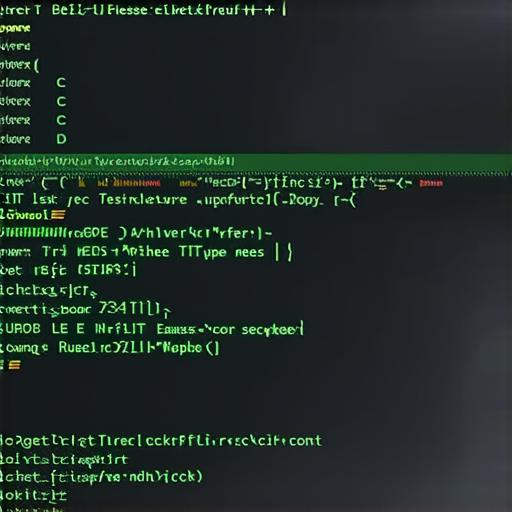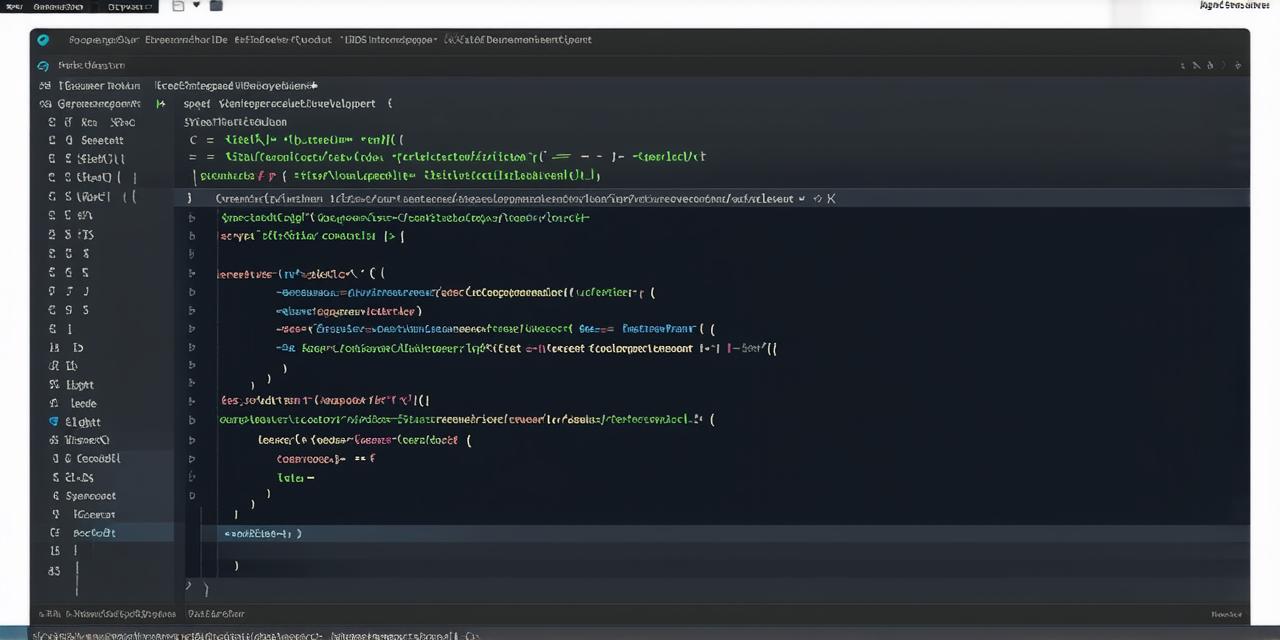C++ is a high-performance programming language that has been around for decades. It is widely used in a variety of applications, including gaming, operating systems, and scientific computing. One of the key features of C++ is its speed, which makes it an attractive choice for developers who need to create fast and efficient programs.
Factors Affecting Program Speed:
There are several factors that can affect the speed of a program, including:
- Code quality: Writing clean and efficient code is crucial for achieving high performance. This includes avoiding unnecessary memory allocation and deallocation, minimizing the use of loops and conditional statements, and avoiding excessive function calls.
- Hardware specifications: The speed of a program can be significantly affected by the hardware it is running on. A program that runs smoothly on a powerful computer may not perform well on a lower-end machine.
- Algorithm complexity: The complexity of the algorithm used to solve a problem can have a significant impact on the speed of the program. Using more efficient algorithms can help improve performance.
- Compiler optimizations: The choice of compiler and its optimization settings can also affect the speed of a program. Modern compilers are capable of performing a wide range of optimizations that can help improve performance.

Comparing C++ with Other Languages:
When it comes to speed, C++ is often compared with other programming languages such as Java, Python, and JavaScript. While these languages have their strengths and weaknesses, C++ is generally considered one of the fastest languages due to its low-level features and close association with machine code. However, recent advancements in compiler technology and optimization techniques have made it possible for other languages, such as Java and Python, to achieve near-C++ levels of performance in certain applications.
Conclusion:
In conclusion, while C++ is still considered one of the fastest programming languages, its position at the top of the speed hierarchy has been challenged by recent advancements in compiler technology and optimization techniques. Ultimately, the choice of language depends on the specific requirements of the application and the expertise of the developer. Developers who need to create fast and efficient programs may still choose C++, but those who are more comfortable with higher-level languages may find alternatives that better suit their needs.
